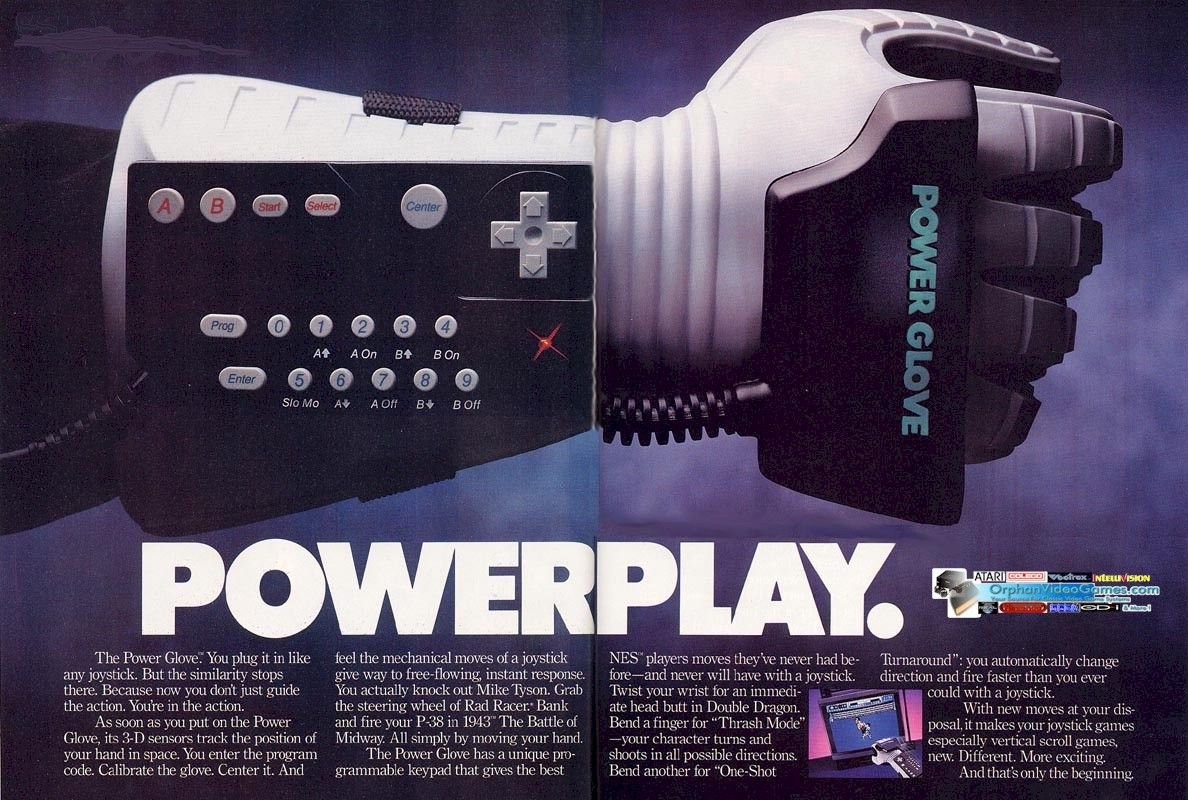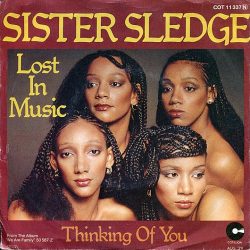Many psychologists believe that the driving force behind the desire to leave a legacy in us, human-beings, is our egos
They posit that we want to believe that our life had value and worth, that we contributed something to our and future generations, so we deserve to live on even when we’re long gone. Do brands want or need a legacy and will it truly last in the long run? It is certainly true that some brands have a legacy though in many cases that legacy will only last a lifetime. There are some long-lived brands that have built up a heritage and a place in people’s hearts and this will often live on for many years, but as time passes and the generations that grew up with them get older (and even die out) their legacy fades away.
Is this a problem and do brands want or need a legacy? There isn’t a straight yes/no answer to that question.
In some cases, brands don’t want to leave a legacy. The most obvious of which is when the brand or brand extension was a ‘failure’. Few people nowadays remember the Apple Newton and, even though it helped lay the technical foundations for some of the iPad Apple, are properly happy for it to be forgotten. Brands don’t like to be associated with failure, feeling it tarnishes their image and might put people off buying other new products from the brand. They certainly don’t want to be an exhibit in The Museum of Failures, which ‘celebrates’ bad products from good brands. ‘Nobody wanted to have anything to do with this‘ recalls Samuel West, the project’s founder.
Other exhibits include the Nintendo Glove (below), Pepsi Crystal and perhaps one of the most famous marketing failures of all time New Coke.

In other cases, brands and their owners just don’t care.
In many of these instances a brand was created as the public face of an organization designed to make them and their other stakeholders money, not long-lasting fame. Their mantra is make money, not history. However, there are also some brands perhaps a growing number of them who are actively seeking or managing a legacy.
The first group is commercially driven. In these instances the brand owners think that potentially at some point in the future they might want to bring back the ‘brand’ probably in some new form, to update, adapt or re-invent the brand. The various manifestations of Sony Walkman is probably an obvious example. A form of brand necromancy — the revival and rebirth of a brand has at times been a well-used strategy; playing off a positive legacy can give the new version of the old brand a head start so helping to reduce launch expenditure. The genuine calls for the return of an old favourite, or the clever use of well-orchestrated PR has helped many a brand back onto the ‘shelves’. Hollywood’s use of old favourites and franchises reinforces the point.
However, the last and perhaps most positive drive to leave a legacy is that of the true purpose brand
Those brands that are truly committed to doing more than just make money but deliver something for the greater good of people and/or the planet. Their legacy isn’t about fame or brand ego, it’s about making a mark in society and doing something in their lifetime which will benefit the current and future generations.
Toms claims they are in the ‘life improving’ business, not the shoe business. It pioneered the one-for-one giving model and believes it has made a positive impact on over 100,000,000 lives. Lifebuoys’ ongoing contributions to hand hygiene is another brand doing good. Both deserve to have a legacy, but I expect they are more interested in continuing to make a positive difference now.
So, whether a brand needs or wants a legacy is down to the brand and what it wants to do, but when it comes to heritage that is another matter. A strong heritage can add value and kudos to a brand and can help in times of crisis — just ask Volkswagen. It’s something where the answer to the question as to whether it is desirable or not is much clearer. When the going gets tough a little bit in the bank of goodwill doesn’t go amiss.
And as one Silicon Valley expert told me it is something the new generation of brands is thinking about because as he put it: ‘How can you lean on your heritage if you were born yesterday?‘
Featured image: John Sculley demonstrates the Newton at the Chicago Consumer Electronics Show
































